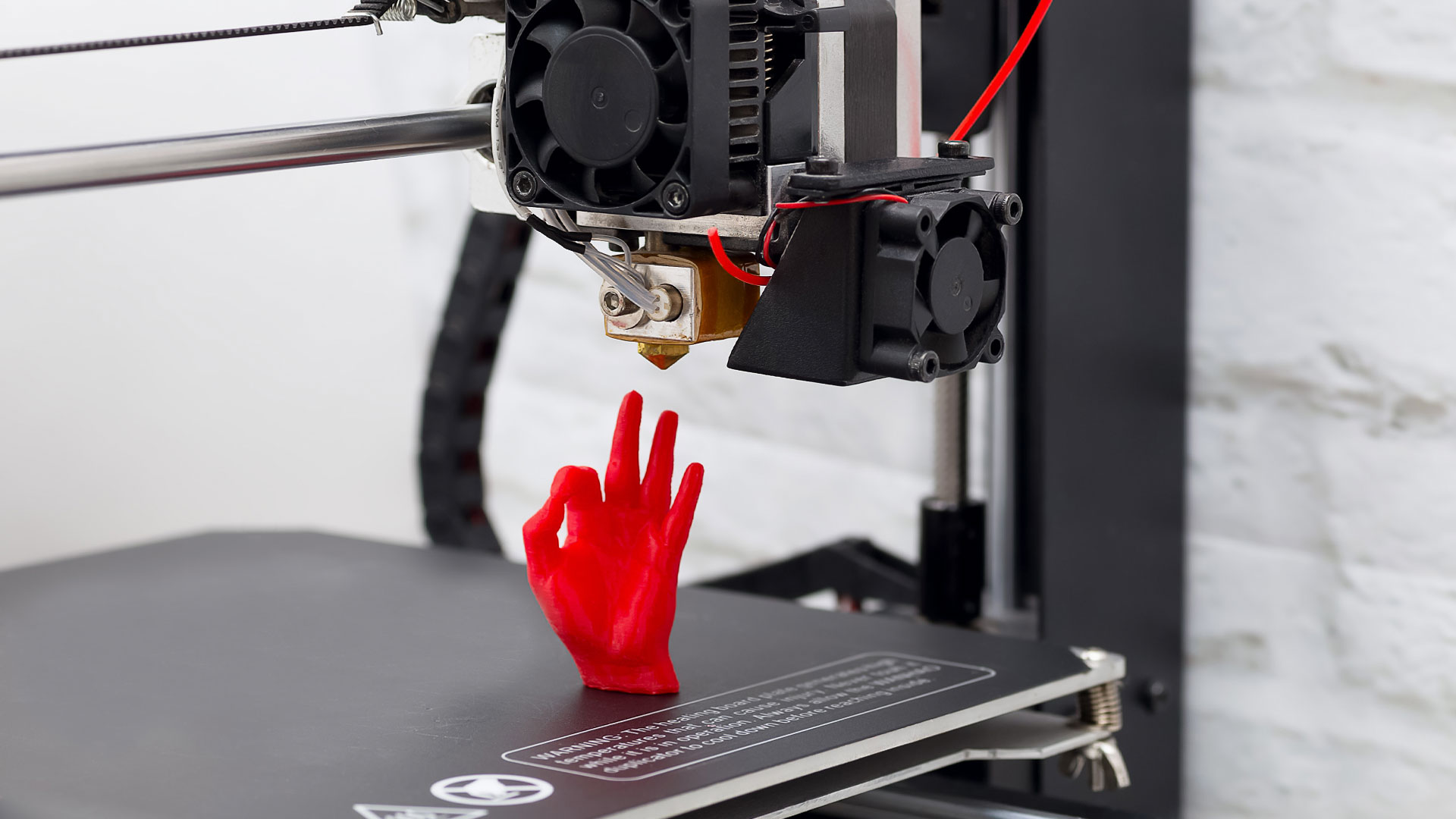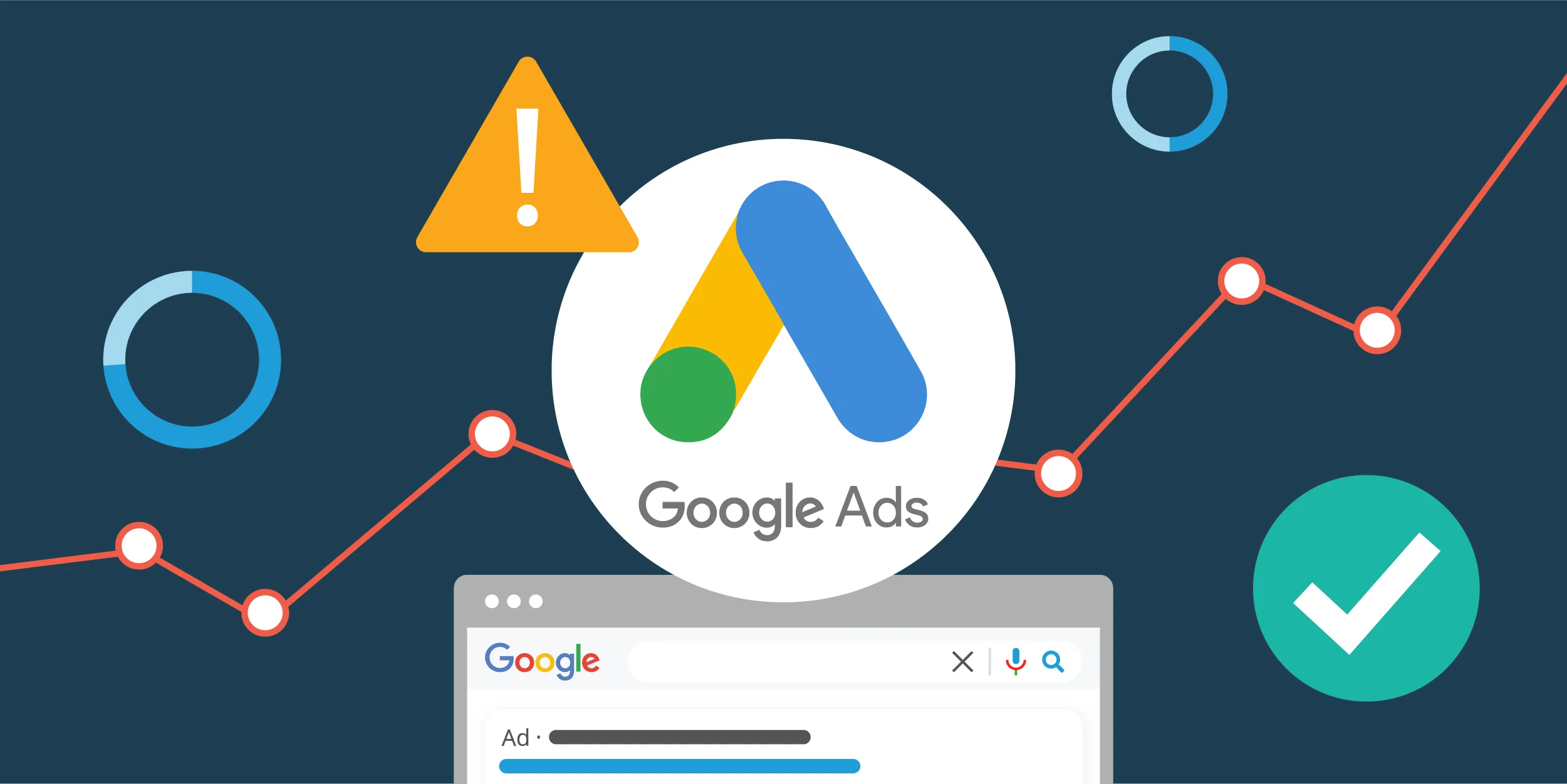The Metaverse and its Impact on Game Development
 Game Development
Game Development
Game development services are at the forefront of exploring and shaping the metaverse, a rapidly evolving network of interconnected, persistent virtual worlds. The metaverse is poised to revolutionize how we interact, socialize, and even play games. Its impact on game development is already significant and will only grow stronger in the coming years. Did you know that the metaverse is projected to become a multi-trillion-dollar market, with gaming playing a crucial role in its development and adoption? This blog post explores the key ways the metaverse is transforming game development.
What is the Metaverse?
A simple definition: The metaverse is a digital reality that combines aspects of virtual reality, augmented reality, and social media. Users can interact with each other, explore virtual environments, and participate in various activities.
Key characteristics:
- Persistent: The metaverse exists even when you’re not online.
- Interactive: Users can interact with each other and the environment.
- Immersive: VR and AR technologies enhance the sense of presence.
- Social: The metaverse facilitates social interaction and community building.
- Economic: Virtual economies and digital ownership are integral parts.
How the Metaverse is Impacting Game Development
New Game Genres and Experiences:
- Metaverse Games: Games designed specifically for the metaverse, often featuring persistent worlds, player-owned assets, and virtual economies.
- Social Games: Games focused on social interaction and community building within the metaverse.
- Hybrid Games: Games that blend traditional gameplay with metaverse elements, such as virtual events and cross-game integration.
Enhanced Social Interaction:
- Virtual Communities: Games within the metaverse become hubs for communities with shared interests.
- Cross-Game Interaction: Players can potentially interact with each other across different games within the metaverse.
- Shared Experiences: Games facilitate shared experiences, such as concerts, conferences, and social gatherings.
Player-Owned Assets and Economies:
- NFTs: Non-fungible tokens represent ownership of in-game items, land, and other digital assets.
- Play-to-Earn: Players can earn real-world value through gameplay and trading NFTs.
- Virtual Economies: Games within the metaverse often have their own virtual currencies and marketplaces.
New Development Tools and Technologies:
- Metaverse Platforms: Platforms designed specifically for building and deploying metaverse experiences.
- 3D Modeling and World Building Tools: Advanced tools for creating immersive and interactive virtual environments.
- Blockchain Integration: Tools and SDKs for integrating blockchain technology into games.
Challenges and Considerations:
- Scalability: Building and maintaining large-scale metaverse worlds is a significant technical challenge.
- Interoperability: Ensuring seamless interaction between different metaverse platforms is crucial.
- Security: Protecting user data and virtual assets is a top priority.
- User Experience: Creating intuitive and engaging user interfaces for VR and AR interactions.
- Ethical Considerations: Addressing issues like virtual identity, ownership, and governance within the metaverse.
The Role of Game Development Services
Game development services are essential for businesses and individuals looking to enter the metaverse. They offer:
- Expertise in Metaverse Development: Experience in building and deploying games within metaverse platforms.
- Custom Game Development: Creating bespoke games tailored to specific metaverse environments.
- Blockchain Integration: Integrating NFT and cryptocurrency functionalities into games.
- 3D Modeling and World Building: Designing and creating immersive virtual environments.
- Community Building and Management: Helping clients build and manage thriving metaverse communities.
The Future of Gaming in the Metaverse
The metaverse is not just a new platform; it’s a paradigm shift in how we think about games and virtual worlds. It’s blurring the lines between games, social media, and even the real world.
Also read our article on best zombie survival games for 2025.
Game Development Services and the Metaverse
Game development services are at the forefront of this evolution, helping businesses and creators navigate the complexities of metaverse development and bring their visions to life.
Conclusion
The metaverse is poised to reshape the gaming industry, offering new opportunities for creativity, social interaction, and economic participation. As the technology matures and more developers embrace its potential, we can expect to see a wave of innovative and immersive gaming experiences that redefine how we play and connect in virtual worlds. The collaboration between visionary developers and experienced game development services will be crucial in shaping the future of gaming within the ever-expanding metaverse. The metaverse is not just coming; it’s here, and it’s changing the game.







